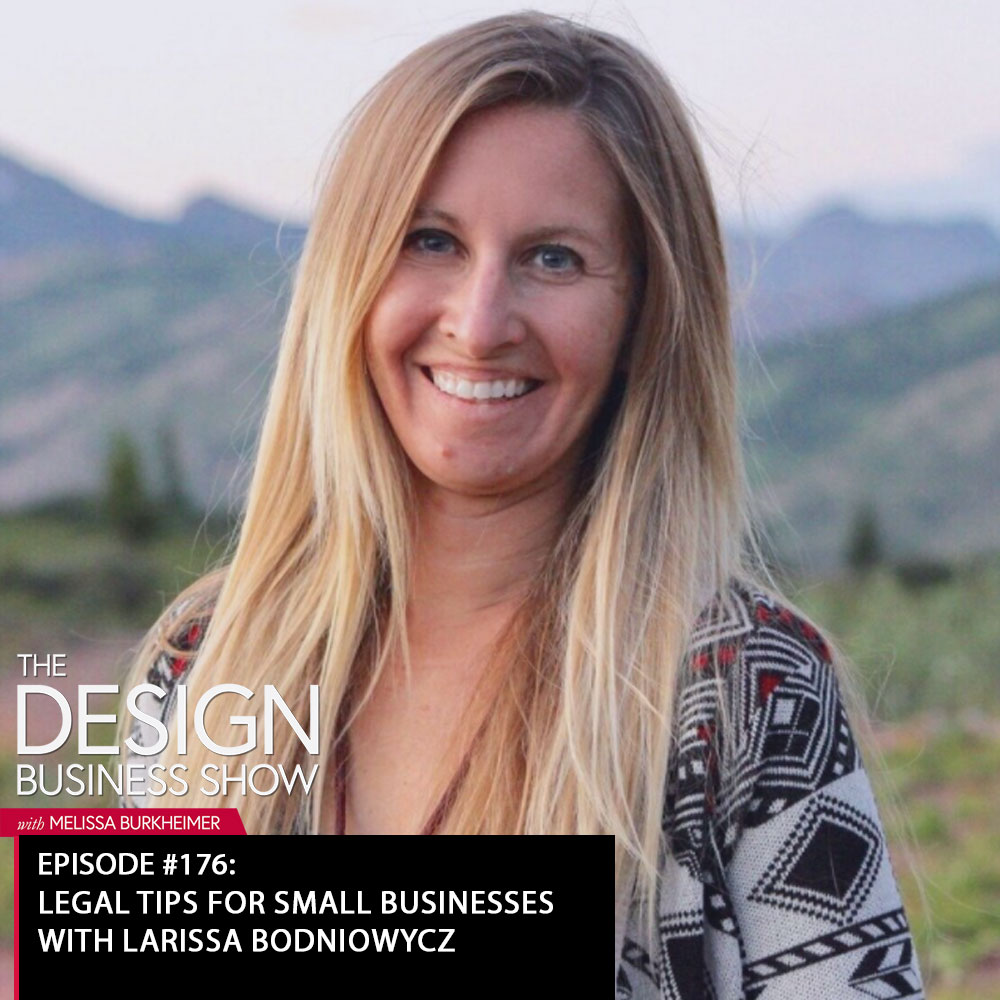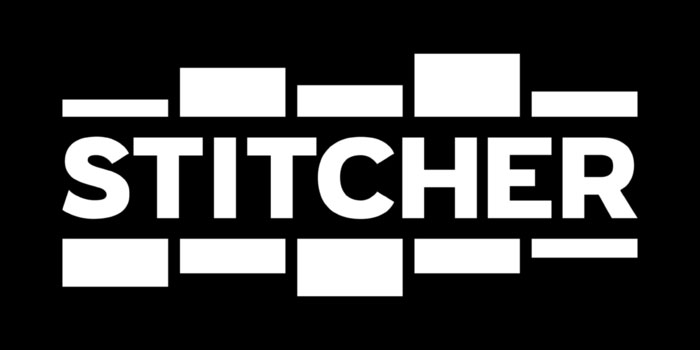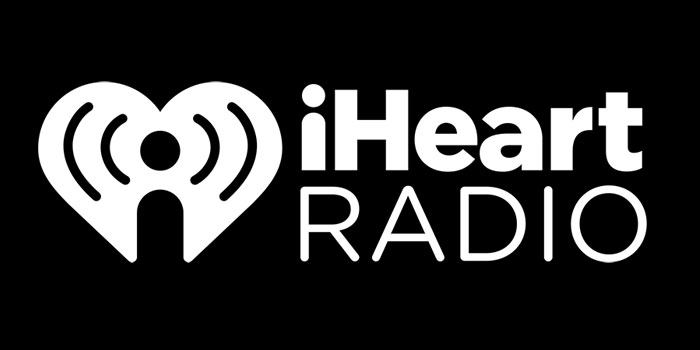Larissa Bodniowycz is a traveling attorney with over a decade of diverse legal experience. She is the founder of Bold City Legal, a digital law firm that provides DIY and custom legal services to small businesses. Larissa prides herself and the firm on providing professional legal representation in a casual atmosphere. She’s passionate about helping teach small businesses how to use the law to grow and protect what they’ve worked so hard to build.
On weekends, you can find Larissa in the woods – hiking, camping, and taking photos. She attributes her ability to juggle a lot at once to the time she spent in the circus while in college. (Yes, you read that right.)
Here’s what we covered on the episode:
Larissa’s Start to Law + Starting Her Own Business
- When Larissa was at orientation for Florida State University, she saw a brochure for circus classes and decided to take a class, where she got to perform in some circus shows at the end of the year and then spent a summer with a circus in Georgia
- Larissa graduated law school in 2009 and struggled to find a job but eventually found one at a more traditional, corporate type law firm where she was doing insurance defense but shares that she hated it and it wasn’t what she thought it would be
- After moving to California and while studying for the California Bar Exam, Larissa was doing freelance legal research for other attorneys and realized about a year and a half in that she was running a business, so she formed a business entity instead of operating at a sole proprietor
- Larissa shares that she went through many ups and downs as a small business owner and has gone through a lot of trial and error that taught her many things
- How Larissa was underpricing herself at $35/hr when she started but has learned a lot about pricing since then
- We talk about the competitive feel that traditional design and legal environments have, and Larissa shares that as she’s done more in business, she’s been lucky enough to find people who want to collaborate and help, which has been encouraging
Finding an Attorney + Types of Agreements
- As a starting point, Larissa’s advice for most small businesses when looking to hire an attorney is to hire someone that focuses on freelance or small business work and someone who is typically local in your area
- Larissa suggests searching keywords like freelance or small business + attorney + your area across Google, Facebook, and Instagram to see what comes up for attorneys, doing some research on your own, and then asking friends and family for referrals
- When we have a legal need, we can feel very rushed to pick the first person we come across, but Larissa doesn’t recommend that or only considering the attorney your friend referred
- In a design business, most of the time, you’ll have a little flexibility in the drafting of the contract, so Larissa says to take your time and do your research and form the questions you want to ask when looking for the right attorney for you
- Larissa explains that you want an agreement with whomever you’re working for and says if you’re working for an agency and they give you a contract agreement, make sure you read it before signing and don’t be afraid to ask for changes
- You also want to make sure you have agreements with people who are doing work for you, whether they’re contractors or employees, and Larissa says talking to an attorney about this can be helpful because you don’t want to misclassify anyone or use the wrong agreements
- When you are in any creative field, Larissa says it’s important to think about intellectual property, which should be on both agreements; whether you’re working for an agency or someone is working for you, you need to outline what you own and what they own
- I give an example of a work for hire agreement, and Larissa explains that a work for hire agreement means you hired someone and you’re going to own the work that they are producing for you, which is important to protect the copyright of the person contracting out the work
- Larissa suggests having a master contract that has some of the major key terms that don’t change from project to project and then having a statement of work, which are smaller, one-page documents that lay out the specifics for a certain project, like deadlines or payment schedule, or a certain process you need used
- Larissa explains some of the standard terms that attorneys include in all contracts
Terms + Agreements for Launching
- When creating an agreement for an offer such as a VIP day, Larissa says to think of it more as brainstorming or a consulting session and spell out what the expectations are and are not and be clear about what you are going to do for them and what you are not going to do for them
- If you have someone like a project manager or a brand strategy contractor who is providing more of a service than a deliverable, Larissa says you might only have a general paragraph outlining what service they’re providing since the relationship and service will continue to evolve
- How distinguishing a contractor relationship from an employee relationship is important
- Larissa explains that when you’re launching a new course, many times you’re using a third-party platform that already has some terms built-in, and it allows you to add additional terms
- Larissa adds that any agreement is just a different language for contract
- For launches, it’s important to have your master contract, terms of use for your website (which is different from the terms of your service or deliverable), and your privacy policy
- Another thing you need to think about is being aware of the promises you are making and making sure that you are not using any tactics that could be arguably be considered deceptive
- How Larissa believes it’s important to be upfront about your contracts and not try to hide them and to have a check box during check out so people can confirm that they agree to your terms of service
- We talk about how true testimonials are not deceiving people because it is a fact but if it feels borderline, talk to an attorney – Larissa also adds to have in your agreement that results are not guaranteed
- When it comes to using marketing or messaging that promises a financial gain, Larissa says it’s generally low-risk as long as they’re taking other approaches with it, such as presenting the truthful statistics but also stating that results are not guaranteed
- A great goal for most small businesses is to have an existing relationship with your attorney so they already know you and can answer you quickly when you can ask questions or need advice
- Larissa encourages people to have an initial consultation with a small business attorney before needing their services so you can check in and get some answers to your general questions and says to think of it as an investment in your business
- Sign up for Larissa’s monthly law firm newsletter at the bottom of the Bold City Legal website, and connect with her on Instagram
Links mentioned:
Connect with Larissa on Instagram
Like what you heard?
Click here to subscribe + leave a review on iTunes.






